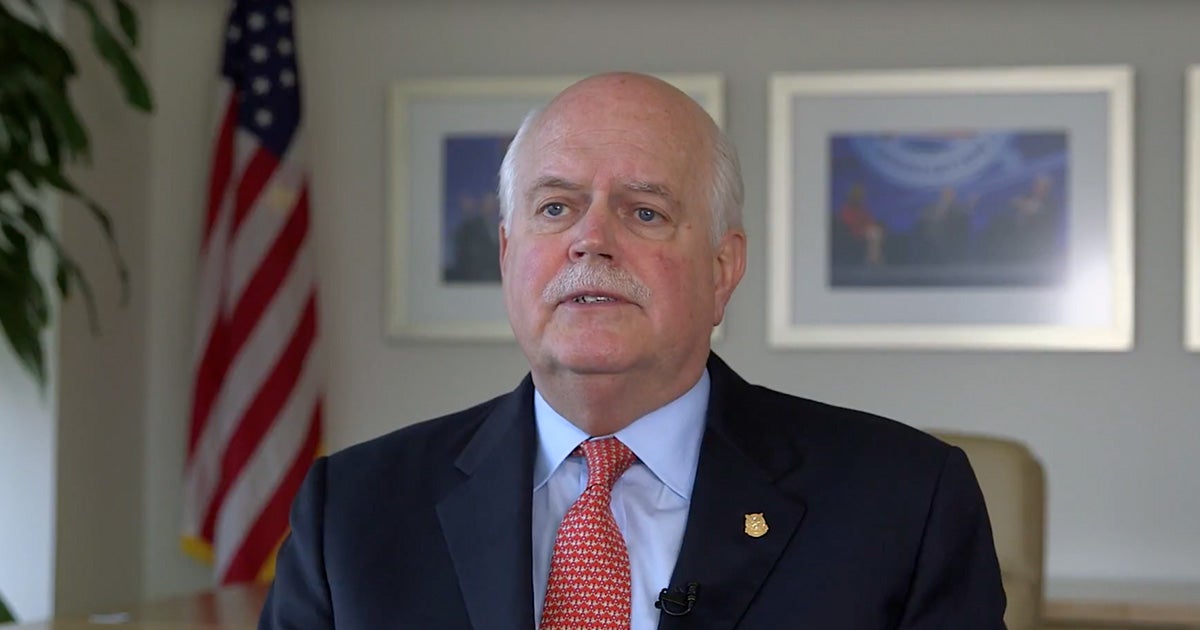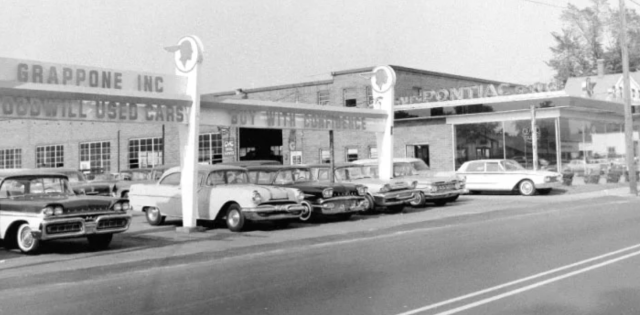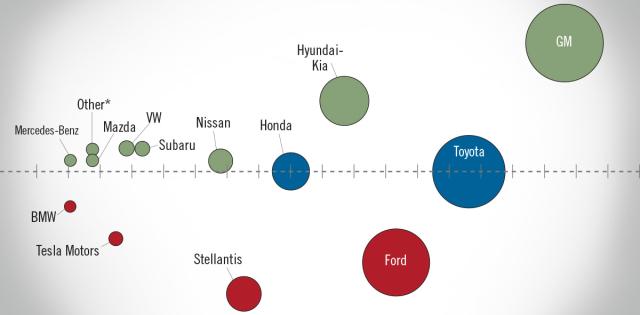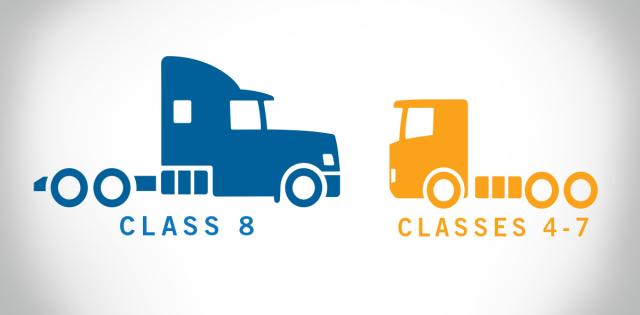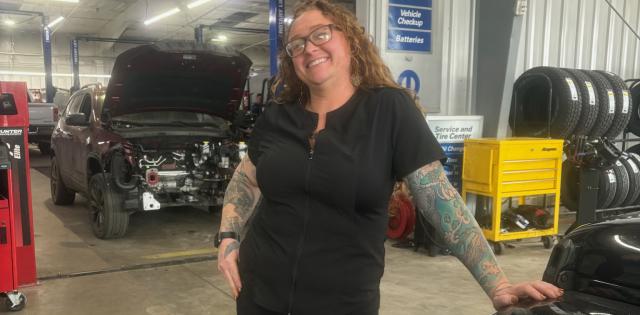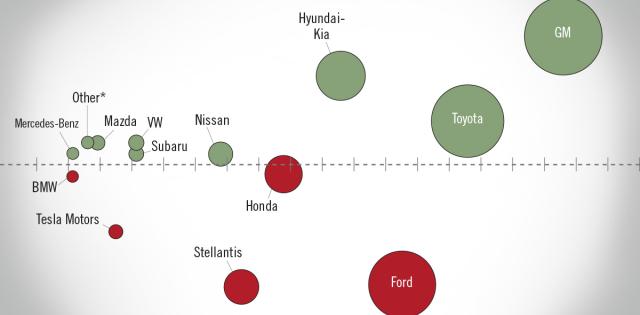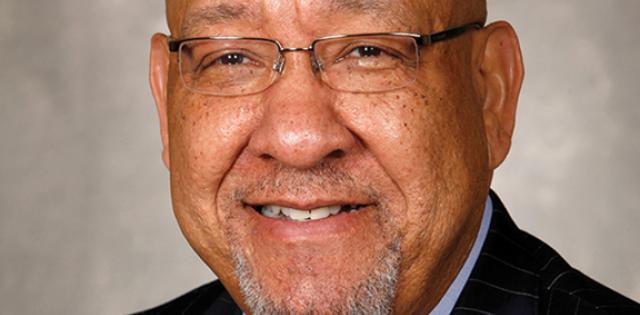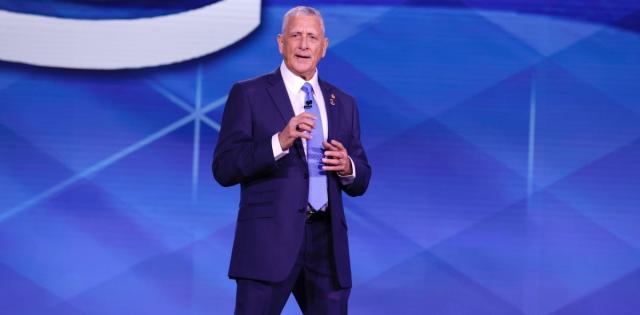The coronavirus pandemic has taught everyone in and around the auto industry a number of important lessons.
One of the biggest lessons is that the business of selling and servicing cars and trucks is absolutely essential to the safety and well-being of Americans.
Our personal vehicles have proven instrumental in getting us through this pandemic. They’ve gotten doctors, nurses and patients to hospitals. They’ve gotten researchers to the lab. They’ve gotten our kids to schools when schools are open. And they’ve gotten just about all of us to the grocery store more times than any of us would care to count (or personally owned vehicles have brought the groceries to us).
As we wade through another spike in COVID cases, it is critical that policymakers everywhere remember that not every vehicle sale is a discretionary purchase. Tens of thousands of cars and trucks break down, get totaled in accidents or need to be scrapped every single day in America. Those that can’t be repaired need to be replaced, so auto dealerships must be able to conduct vehicle sales in some capacity no matter how bad conditions are on the ground.
Which brings us to another lesson: Auto dealers are more willing to embrace change and disruption than most people give them credit for.
In the early days of the pandemic, dealers scrambled to create an entirely new way of doing business that was safe for their employees and customers, compliant with local health regulations, and convenient and flexible for the scores of customers that simply needed to purchase vehicles or have vehicles serviced.
I personally am so proud of the resiliency, innovation and determination that America’s franchised auto dealers have shown on behalf of their brands and their customers. Dealers see these adaptations as overly positive to their operations and their customer interactions, which is why I have no doubt that this innovation and flexibility will endure long past the pandemic.
What concerns me, frankly, are the lessons that should have been learned, but that haven’t been.
As part of the Summer 2020 Dealer Attitude Survey, NADA asked dealers a series of questions designed to gauge dealer sentiment specifically on conducting business and operating a franchise during the ongoing COVID-19 pandemic.
We wanted to hear from the dealers themselves about what changes to auto retailing were here to stay in a post-COVID world, and about what changes needed to be accelerated to keep up with rapidly changing customer expectations. We also wanted to know what dealers believed their automakers should be focused on—and what they shouldn’t—to support their dealers with this evolution.
Dealers spoke resoundingly and clearly. In fact, NADA received more than 11,000 dealer responses from the questionnaire, which was fielded between July 6–30, 2020.
First we asked dealers: “Which, if any, of the following business adaptations do you plan to continue post-crisis?”
Eighty-two percent of dealers said the digital sales process is here to stay, 73% said home test drives and home delivery will continue, and 65% said home pick-up and delivery for service appointments is here to stay permanently.
This doesn’t mean that these digital services will work for every customer in every instance. We shouldn’t think that way, because it’s false.
In fact, while we know the pandemic accelerated customer adoption of a fully digital sale, we also know that many, many customers will still want to do what they’ve done before, which is start the sales and financing process online, but come to the store at some point to complete the transaction.
But it does mean that dealers must have the capability to make these services work for every single customer who wants to capitalize on them. And most dealers are well on their way to making their own digital retail tools second to none.
Next, we asked dealers to evaluate on a 1-10 scale the importance of six different aspects of the physical store in a post-COVID environment.
The most important aspect was location and convenience for customers, scoring a 7 out of 10. In the middle of the pack fell size and capacity of their service center; co-location of sales and service facilities; on-premises customer amenities; and overall facility size.
Ranking last was OEM facility image programs.
This tells us that for most dealers and their customers, what was important as far as facilities at the start of the year has changed significantly in the intervening months.
For many dealers, factory image programs are costly and burdensome even on good days, with little evidence that they ever had a positive influence on a customer’s car- buying experience.
But particularly now, as the digital retail experience evolves even further, most dealers believe OEMs need to rethink their costly and ever changing image programs to better align with the evolving consumer—a customer that places a far higher premium on flexibility and convenience than they do on rigidity and opulence.
Finally, we asked dealers to identify where they’d like to see additional focus from their OEMs post-COVID.
The number one area, by 11 percentage points, was to simplify incentives to support digital retailing. In fact, 64% of franchised dealers said this has to be the top item their OEMs focus on in order to effectively embrace and harness the change that is happening in customer preferences all across America.
And the reason is simple: Because to be successful and credible with digital retailing, dealers have to be able to offer a sales process that is transparent to the consumer. For this reason, OEMs should work even harder to make dealership incentives as simple and non-complex as possible.
Throughout 2020, dealers have done a tremendous job working to meet their customers where they are comfortable— physically and logistically—and to provide those customers with the flexibility and transparency they so need and desire.
Dealers will continue to do so. The services they provide to their customers—and to the nation—are too important.
It is my hope that the rest of the industry, including automakers, heed the lessons already learned, and truly listen to what their own customers are telling them about the importance of convenience, flexibility, transparency and fairness in the vehicle sales process.

